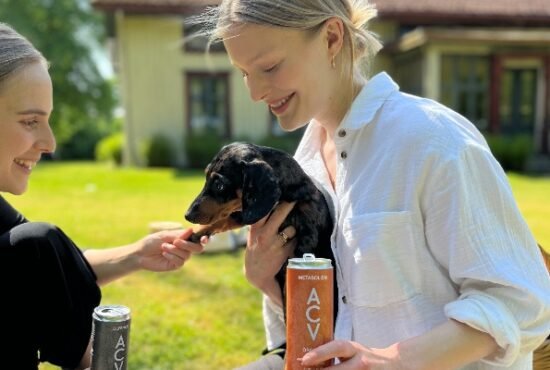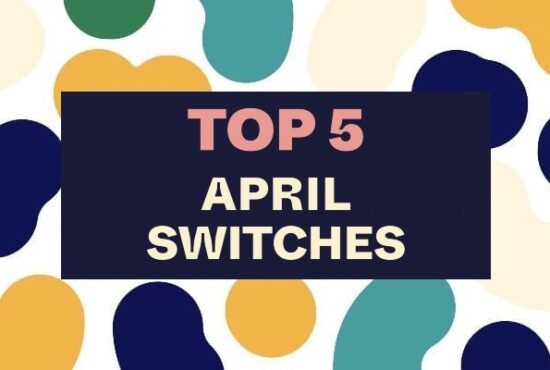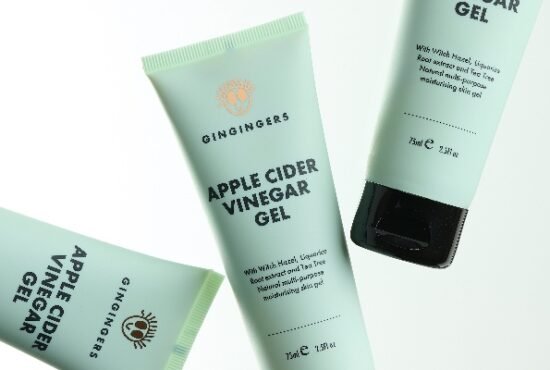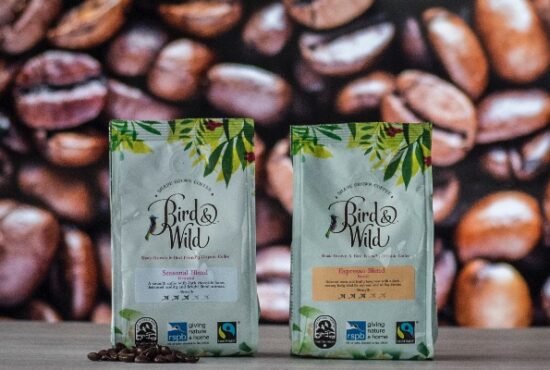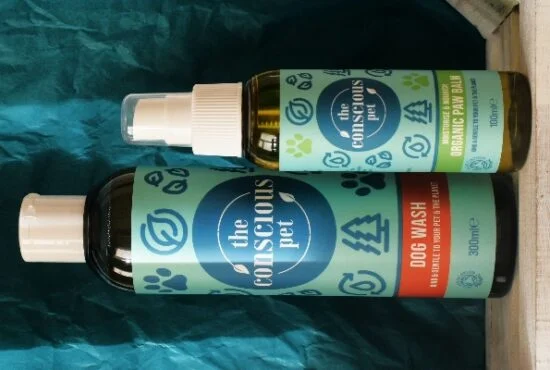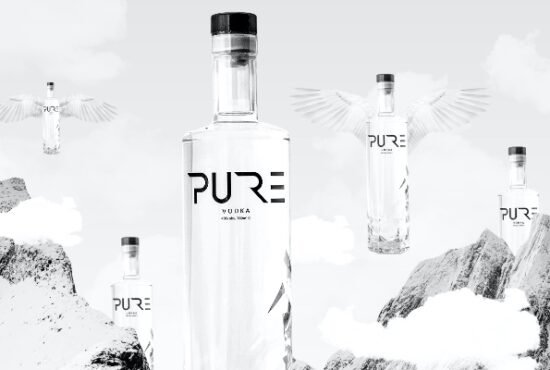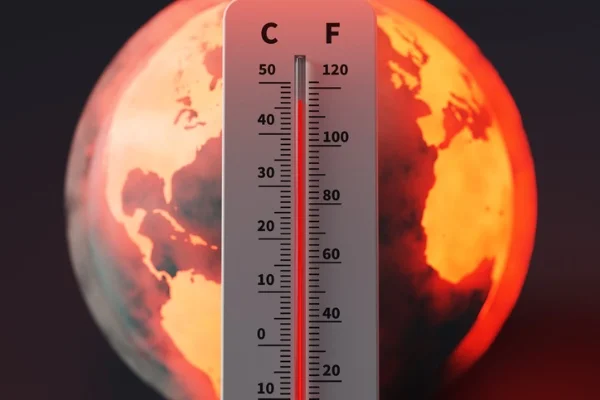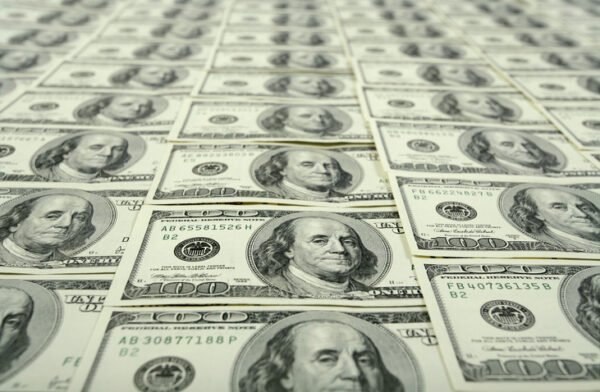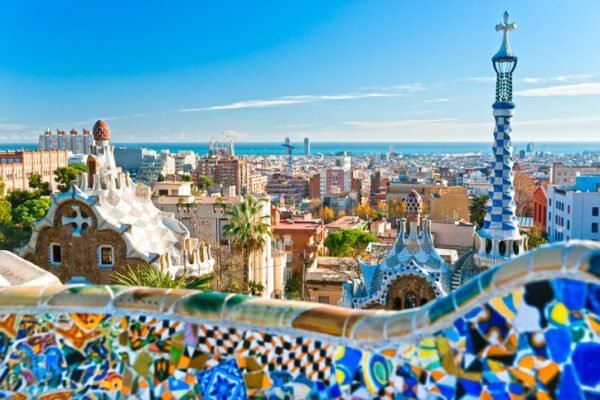2019 was a big year for sustainability and the environment. A surge in awareness of plastic pollution was joined by a demand for more transparent and ethical business practices, plus rising interest in clean beauty and toxic-free lifestyles.
Our top five news stories of the year reflect the consumer shift towards natural, organic, toxic-free and ethical products and services. These are the most-read stories on our website, even though some were published before 2019.
Top 5 news stories
Ditching Ecover and Method
In June 2018, an animal welfare charity asked ethical supermarkets and online stores to remove Ecover and Method from their stock, due to their acquisition by SC Johnson earlier in the year.
Ecover and Method, collectively known as People Against Dirty, have always been marketed as cruelty free. In contrast, SC Johnson openly admits to testing on animals during the development of its household products.
Sales of Ecover and Method products will now boost the profits of their new parent company and help fund animal tests.
In April 2018, thousands of emails were sent to Ecover and Method after Naturewatch Foundation asked supporters to contact People Against Dirty and express their disappointment at the acquisition. The campaign also triggered a strong reaction on social media.
Click here to read our original article
2. Going clean just got easy
In June 2019, My Green Pod launched a crowdfunder to help raise money for a monthly subscription box packed with amazing clean products that won’t damage you, your children or the planet.
The goal was to offer these products at a substantially reduced price due to the orders of magnitude we hoped to handle.
You can get a taste of these Clean Starter Packs in the rewards section of the crowdfunder page, where you can buy a range of Clean Living Starter Packs for £25 – all while supporting our mission to get this subscription service off the ground. A win for us, you and the planet!
We know from your great feedback and our 10 years’ experience in this sector that price is a barrier preventing clean products from going mainstream. We wanted to send the affordability dilemma packing, and give you the chance to buy 100% natural alternatives at rates that are competitive with mainstream options commonly found on the high street.
Click here to read our original article
3. The fishing net sunglasses
Every year 640,000 tonnes of fishing nets are lost or discarded in the ocean. Samples of plastic waste accumulating in our oceanic gyres reveal 46% of this plastic, by weight, is attributable to fishing gear.
Discarded fishing gear is the most common form of plastic pollution in our oceans, with an estimated 640,000 tonnes entering the sea each year.
A Cornish start-up, Waterhaul, has launched a range of sunglasses produced from 100% recycled fishing nets.
The social enterprise intercepts plastic from our oceans and transforms it into high-quality, functional products for adventure and ‘symbols for change’.
Waterhaul also collaborates with community groups and NGOs to remove nets from Cornish beaches and seas. Intercepted nets (often exceeding 100 meters in length) are washed, shredded and turned into pellets which are then moulded into Waterhaul’s innovative sunglasses frames.
Click here to read our original article
4. A plastic diet
In June 2019, a study found on average people could be ingesting approximately five grams of plastic every week, which is the equivalent weight of a credit card.
It suggests people are consuming about 2,000 tiny pieces of plastic every week. That’s approximately 21 grams a month – just over 250 grams a year.
The analysis, No Plastic in Nature: Assessing Plastic Ingestion from Nature to People, was prepared by Dalberg and based on a study commissioned by WWF and carried out by University of Newcastle, Australia.
This is the first global analysis to combine data from over 50 studies on the ingestion of microplastics by people. The findings are an important step towards understanding the impact of plastic pollution on humans.
It also confirms the urgent need to address the plastic system so that it does not pollute ecosystems in the first place.
Click here to read our original article
 Play Video about This Rock Might Just Save The World
Play Video about This Rock Might Just Save The World Play Video about Play 2 hours of rock
Play Video about Play 2 hours of rock Play Video about Play 2 hours of brook
Play Video about Play 2 hours of brook Play Video about Play 2 hours of sheep
Play Video about Play 2 hours of sheep
